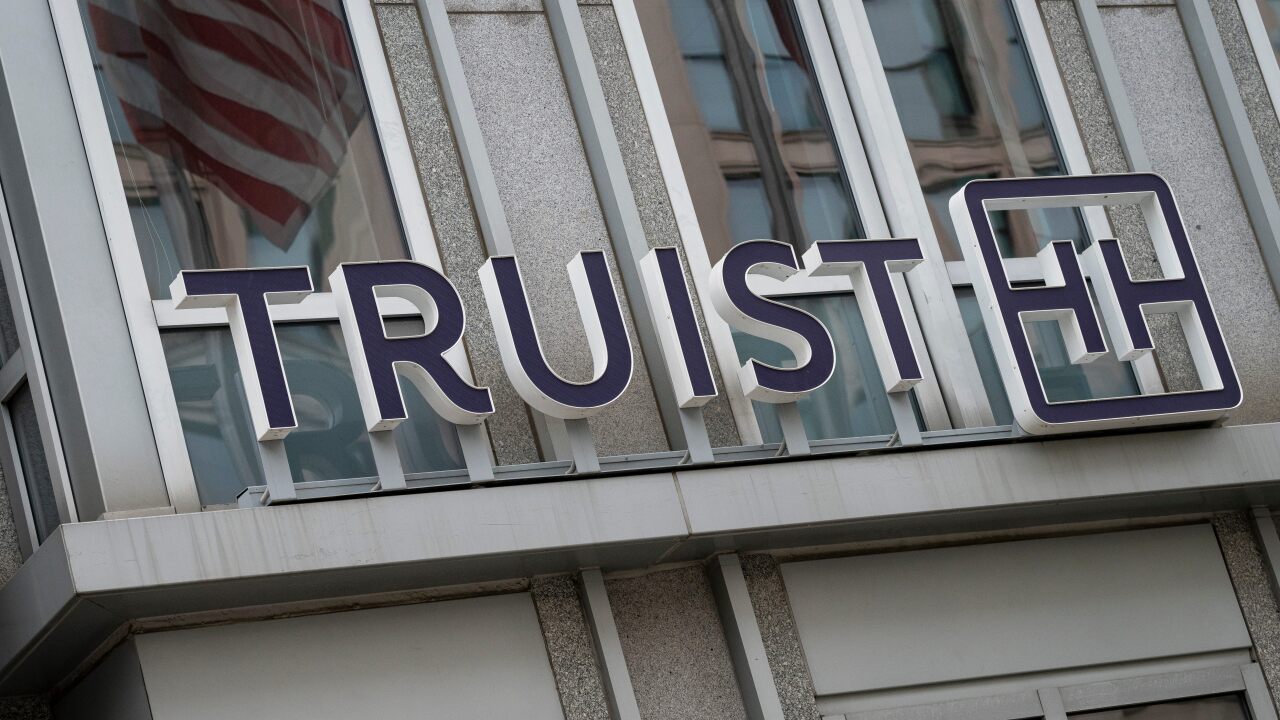Receiving Wide Coverage ...
Not following the rules
The Small Business Administration “didn’t follow several congressional mandates in implementing its huge Paycheck Protection Program designed to keep businesses afloat during the coronavirus pandemic,” the agency’s inspector general said in a report released Friday. “Because SBA did not provide guidance to lenders about prioritizing borrowers in underserved and rural markets, these borrowers, including rural, minority and women-owned businesses
“It also found the SBA issued rules that required borrowers to use 75% of the funding on payroll costs to receive full forgiveness of their loan, even though the Cares Act passed by Congress didn’t mandate any specific amount be dedicated for payroll expenses,” the Wall Street Journal said. “Many small businesses objected to this measure. Owners of restaurants, hair salons and other businesses who have been forced to close say they needed the money more for overhead costs, including rent.”
“The findings add to growing concerns about
The inspector general’s report also “raises concerns that many borrowers in the PPP could
Meanwhile, the “
A separate SBA program, Economic Injury Disaster Loans, has come under criticism from three Democrat senators “for slashing the size of its coronavirus disaster loans without telling Congress or small business owners about the change” and accused it of mismanaging it, the Post reports. “The senators took issue with an earlier decision by the SBA to limit the size of its economic injury disaster loans to just $150,000, a policy change that was not communicated to those applying for loans until it was disclosed Thursday in a Washington Post article. They also criticized an SBA decision to indefinitely limit the applications to agricultural businesses, a policy that had been favored by congressional Republicans.”
“Throughout the response to the COVID-19 pandemic,
No deal
Carlyle Group and Singapore’s sovereign wealth fund GIC “are backing away from a deal to take a 20% stake in American Express Global Business Travel, whose revenue has plummeted as a result of the coronavirus pandemic. The deal, which values the company at $5 billion including debt, was scheduled to close last Thursday.”
“The unit, which 50%-owned by American Express, offers airfare and hotel-booking services mostly to large and midsize businesses. In 2014 the credit-card giant sold the other half to a group led by investment firm Certares. Carlyle and GIC, along with a group of others, agreed to purchase a portion of that stake last year.”
Wall Street Journal
Weak link
“The coronavirus pandemic has delivered a gut punch to the economy and the mortgage market is particularly exposed,” the Journal reports. “The virus has forced millions of homeowners to suddenly stop making payments. At the same time, many mortgage companies aren’t built to handle an economic collapse or help their customers through it. Many of them are nonbanks that don’t have deposits or other business lines to cushion them, and they have raised concerns that fronting payments for struggling borrowers
“As big banks have refocused their mortgage operations on wealthier borrowers, nonbanks have stepped into the void, often representing the only path to a mortgage for buyers of lesser means. Their retreat could lock many would-be borrowers out of homeownership and make it harder for the economy to bounce back. Nonbanks also have expanded in the crucial business of servicing mortgages. They now service roughly half of them, five times their share from a decade ago, according to the Urban Institute.”
Meanwhile, on the servicing side of things, “[d]istressed consumers are bombarding the Consumer Financial Protection Bureau with complaints that
Financial Times
How to avoid a banking crisis
“Governments and central banks have already introduced massive support programs but they are struggling to get cash to companies, and some of the aid is expiring.” Both problems can be addresses “
“Taken together, these practical steps will speed up the implementation of measures that governments have already announced and diminish distress for borrowers. They will also help keep banks safe and sound. We can prevent the health crisis from causing a banking crisis. This will make the recession shorter and shallower, as well as revive the economy sooner.”
More pressure
“The move adds to pressure on Wirecard and its supervisory board, which announced on Friday it would hire three new senior executives, [including] a chief compliance officer, a chief commercial officer and a new chief operating officer. The outgoing COO will remain on the board and while some responsibilities will change, the group’s senior management will stay in place.”
New York Times
Sidestepping banks
“Several lawmakers have begun
“Senator Doug Jones, Democrat of Alabama, is pushing a plan to give small businesses another round of help in paying employees by using the services of payroll processors, which already distribute wages for close to 40% of U.S. businesses. And companies that don’t use payroll processors could get payouts directly from the I.R.S."





